Back to Courses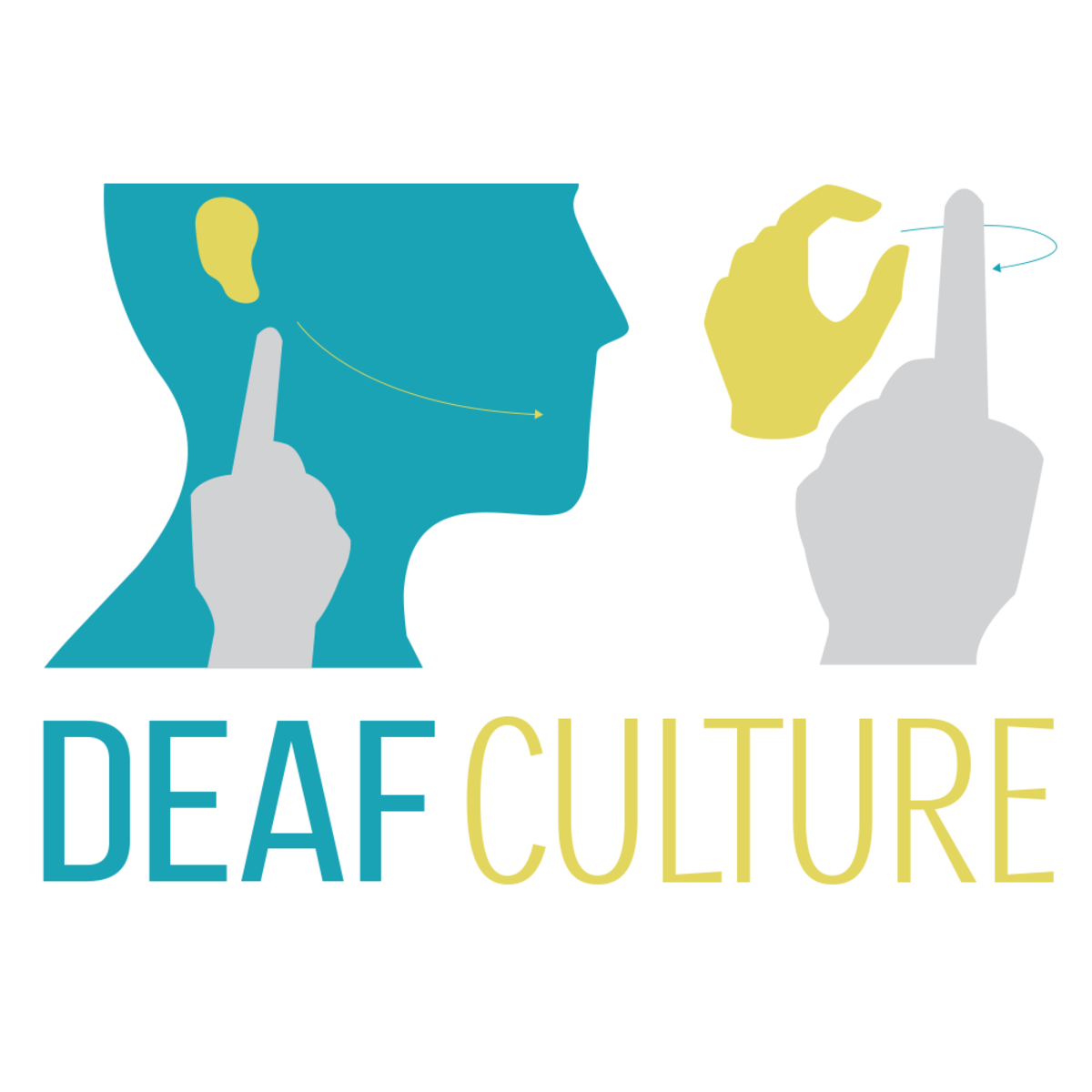
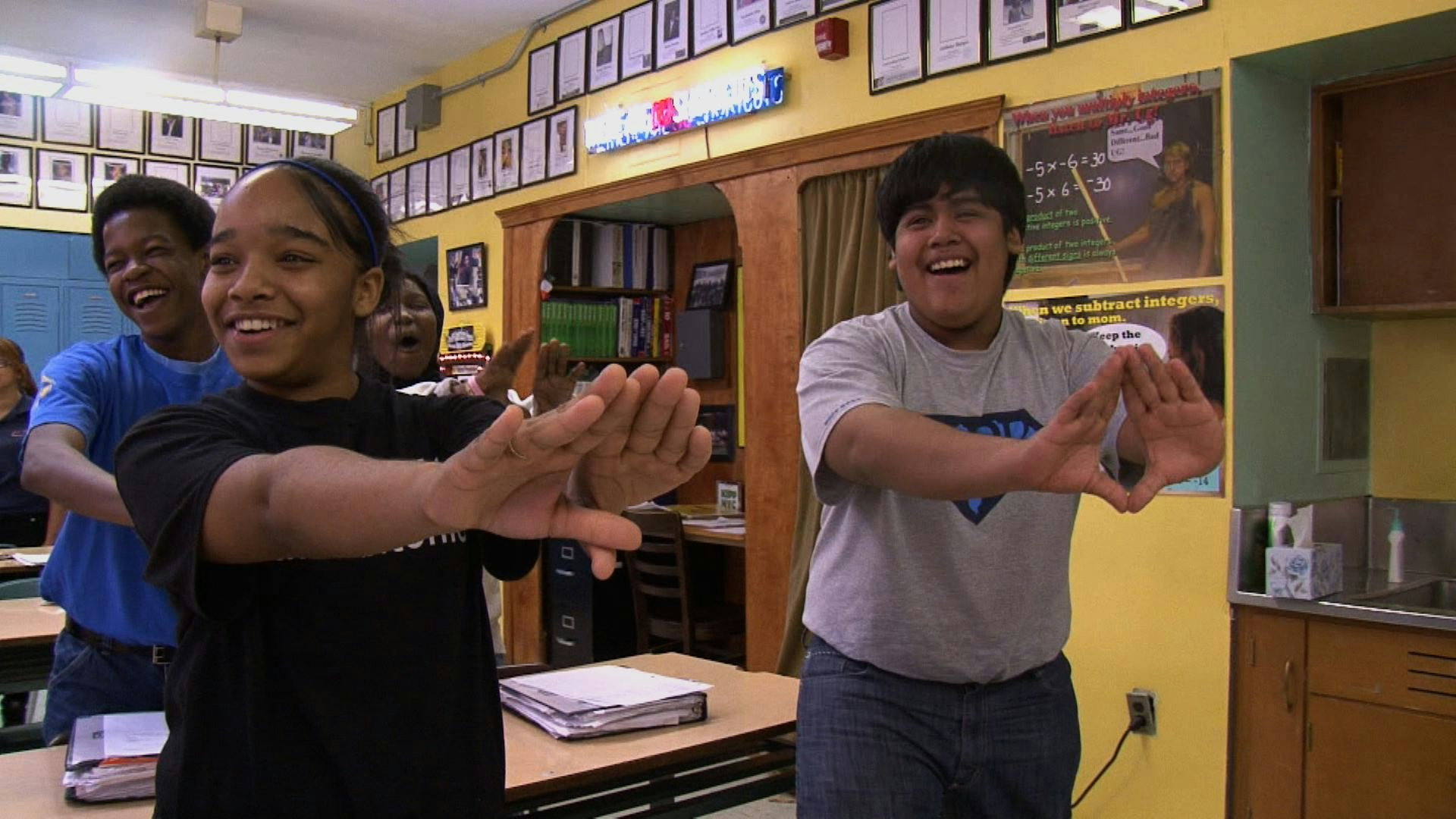
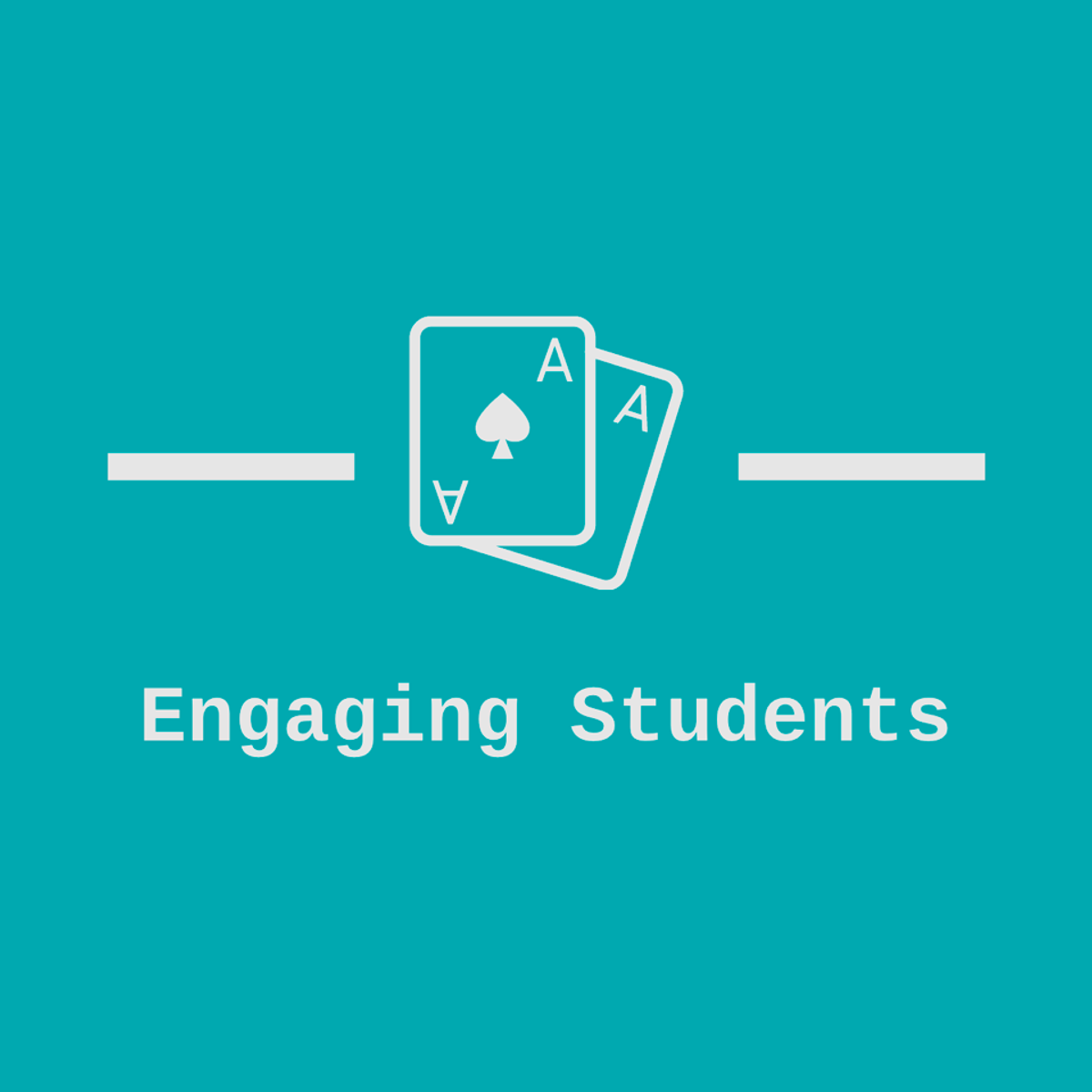

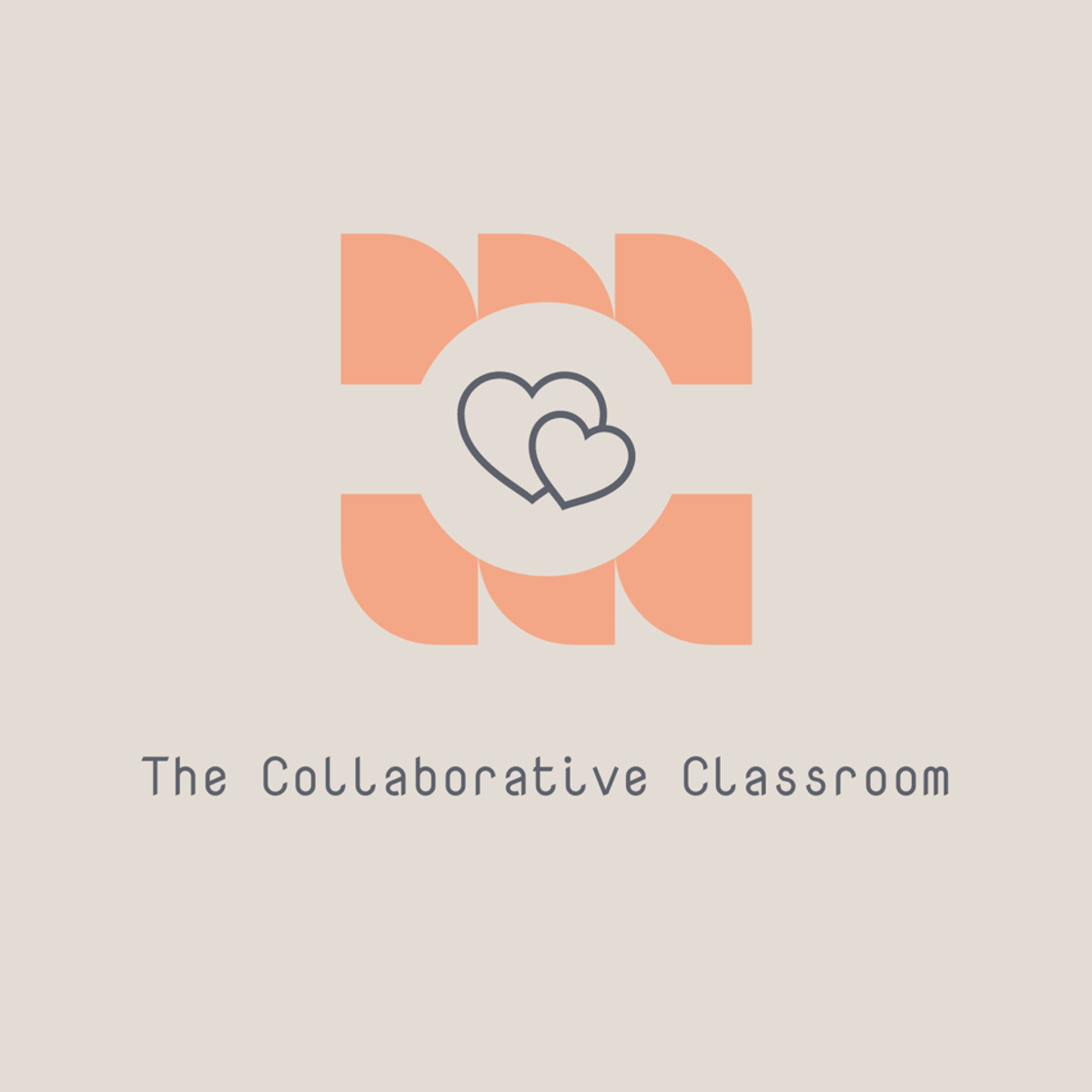

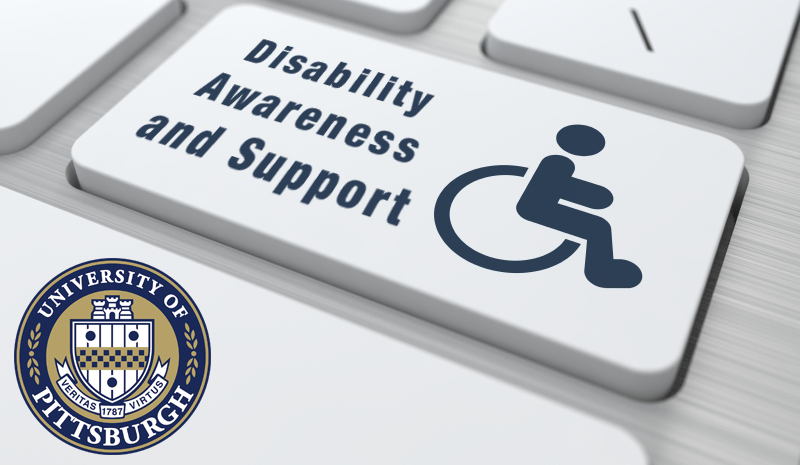
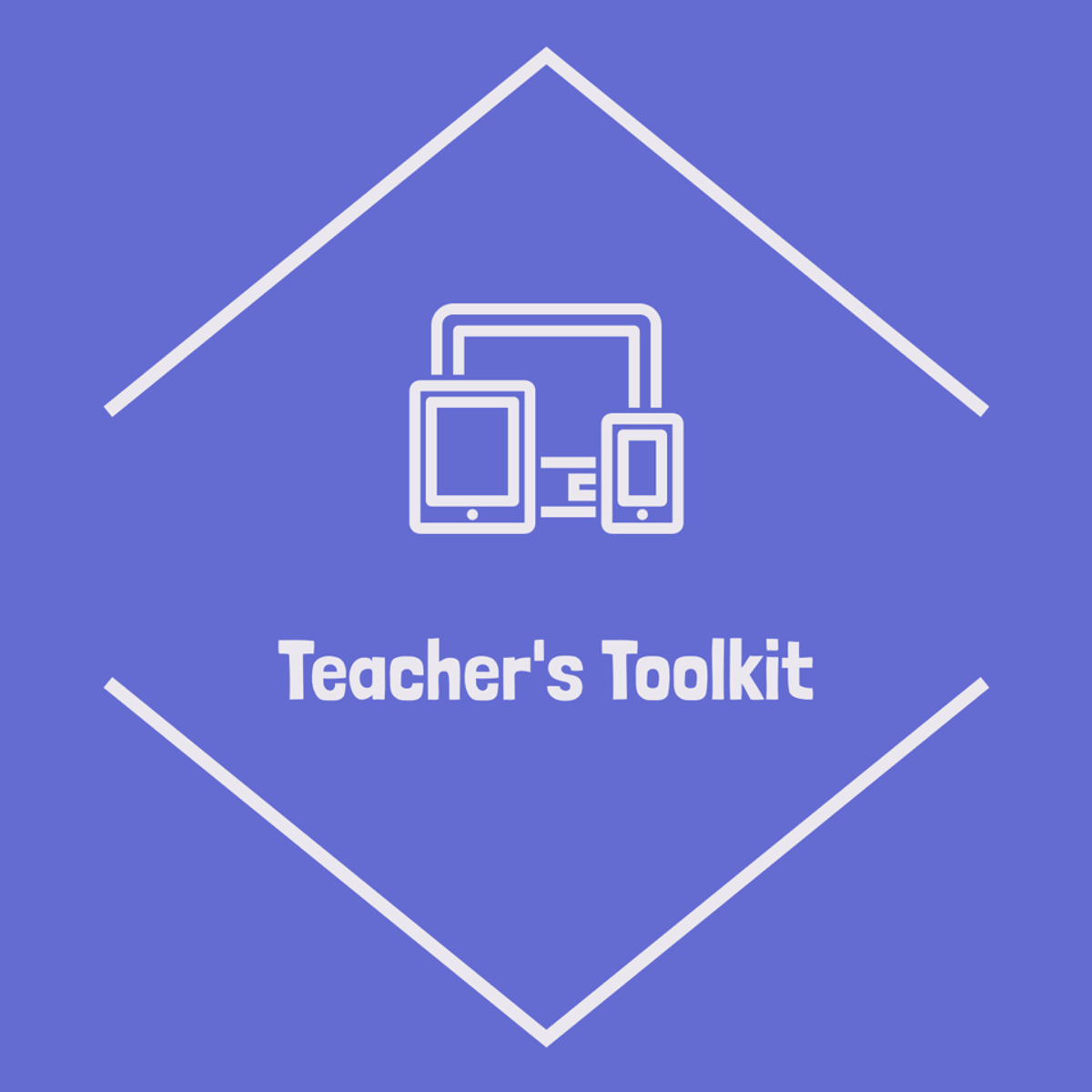
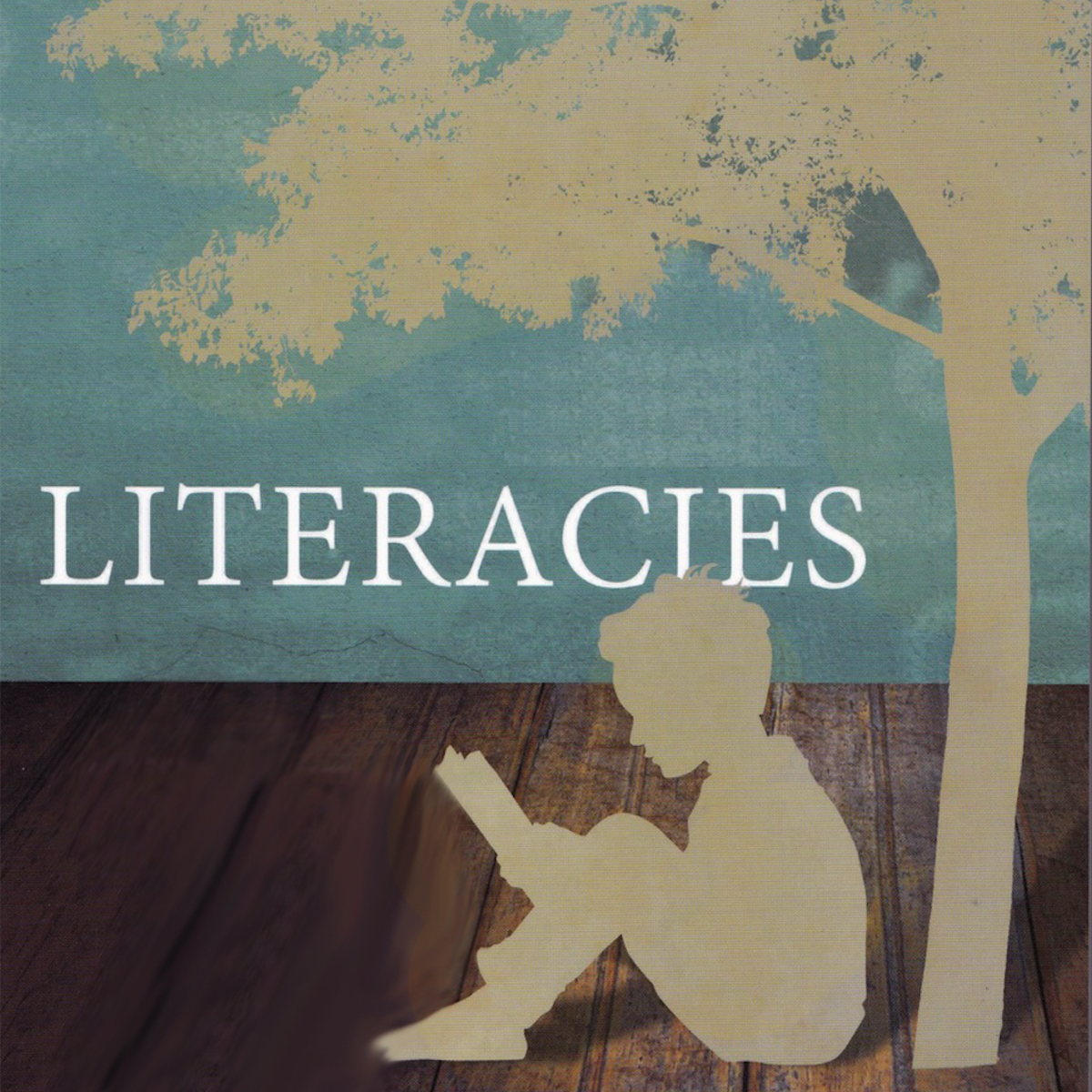

Education Courses - Page 12
Showing results 111-120 of 264

American Deaf Culture
This is a six-week course providing a historical overview of the American Deaf community and its evolving culture. Theoretical frameworks from sociology are explored. Deafness as a culture and not a disability is explained as participants are guided into the world of Deaf culture.

Teaching Character and Creating Positive Classrooms
Positive psychology meets K-12 pedagogy. This course explores key ideas of positive psychology and shows how great teachers apply those lessons to maximize student engagement and accomplishment. Through lectures, discussions, interviews and footage of great educators in action, you’ll learn how to integrate character-based objectives into your own teaching.

Utilizing Engaging Assessment with Boom Learning
By the end of this project, you will be ready to use Boom Learning with your class. Boom Learning allows teachers to use self-grading digital task cards (Boom Cards) with their students to check for understanding. Students love using Boom Learning and teachers love the data they can collect as their students engage with technology and subject matter content. Throughout each task, we will work together to ensure that you are ready to use Boom Learning to engage and assess your students.

Host a Quiz Review with Blooket
By the end of this project, you will be an expert at using Blooket to set up and run a unique quiz game that is guaranteed to engage your students time and time again. Blooket provides not just one, but many different game modes to ensure that students remain engaged as they learn and review key concepts you have prepared for them. As we go through this project together, you will be fully equipped to use Blooket to create memorable and exciting learning experiences for your students.

Support Interactive Learning with Genially
By the end of this project, you will be ready to engage your students using the interactive learning opportunites that Genially provides. Genially is “the tool that brings content to life.” Instead of simply showing an image, Genially allows you to map out a learning journey for your students. With a single image or video, students will have access to endless information that you, the teacher, have added using Genially. Throughout this project, we will work together to build your confidence using Genially so that you can not only use it as a teaching tool, but also as a tool for students to share information they have learned with their classmates.
*You will need a free Genially account for this project.

Use Buncee for Online Teaching
By the end of this project, you will be able to use Buncee to unleash your creativity as a teacher. Buncee is “a creation and communication tool… to create interactive content, allowing those of all ages to visualize concepts and communicate creatively.” With Buncee, teachers can easily create engaging visual presentations that will help students master new content. Throughout this project, we will work together to ensure that you are ready to use Buncee and have created presentations that you can use with your students right away.
*You will need a free trial of Buncee for this project.

Disability Awareness and Support
The goal of this course is to promote equal opportunity and the full participation of students with disabilities in higher education by helping participants advance their awareness of the meaning of accessibility in education. Participants will gain competence and confidence in working with students by focusing on legislation, universal design, and assistive technologies. Thank you to Abbas (Bobby) Husain Quamar, Graduate Student Researcher in the Department of Rehabilitation Science and Technology at the University of Pittsburgh, for his contributions to the course.

Using Google Forms for Student Success
By the end of this project, you have used Google Forms to create several tools to use with your students and parents in order to ensure a successful school year. With volunteer sign-up forms, you can simplify your volunteer process within your classroom and across the school. Through exit tickets and assessments, you will be able to check your student’s understanding of the content taught that day or during a unit so that you can adjust instruction to address misunderstandings or gather summative assessment data for student reports.
You will also create a course evaluation that you can use with students to improve your approach for future classes. There are endless opportunities to use Google Forms - let’s get started!
*You will need a free Google account for this project.

Multimodal Literacies: Communication and Learning in the Era of Digital Media
Whereas the focus of traditional literacy pedagogy has been the written word in its standard and literary forms, this courser expands the scope of literacy learning to encompass contemporary multimodal texts and the wide range of ways of making meaning that occur in different social and cultural contexts. Another course, "Literacy Teaching and Learning: Aims, Approaches and Pedagogies" addresses pedagogical aspects of literacies. This "Multimodal Literacies" learning module does not require or expect that participants will have already completed the "Literacy Teaching and Learning" module.
--------------------------------
Recommended Background
--------------------------------
This course is designed for people interested in literacy teaching and learning, including people who may wish to join education as a profession, practicing teachers interested in exploring future directions for a vocation that is currently undergoing transformation, and community and workplace leaders who regard their mission to be in part "educative."
--------------------------------
Related Resources
--------------------------------
Online resources are available here:
https://newlearningonline.com
Book:
https://www.amazon.com/Literacies-Mary-Kalantzis/dp/1107578698/ref=sr_1_1?qid=1661288799&refinements=p_27%3ABill+Cope&s=books&sr=1-1&text=Bill+Cope
--------------------------------
Join our Online Communities!
--------------------------------
CGScholar (Create an account and join the New Learning community)
https://cgscholar.com/community/community_profiles/new-learning/community_updates
Facebook
https://www.facebook.com/newlearningonline
Twitter
https://twitter.com/neolearning
--------------------------------
Take this Course for Credit at the University of Illinois
--------------------------------
This course has the same content and anticipates the same level of contribution by students in the Assessment for Learning course offered to graduate certificate, masters, and doctoral level students in the Learning Design and Leadership Program in the College of Education at the University of Illinois.
Of course, in the nature of MOOCs many people will just want to view the videos and casually join some of the discussions. Some people say that these limited kinds of participation offer evidence that MOOCs suffer from low retention rates. Far from it – we say that any level of engagement is good engagement.
On the other hand, if you would like to take this course for credit at the University of Illinois, you will find more information about our program here:
https://ldlprogram.web.illinois.edu/overview/
And you can apply here:
https://education.illinois.edu/epol/programs-degrees/ldl
--------------------------------
The Learning Design and Leadership Series of MOOCs
--------------------------------
This course is one of a series of eight MOOCs created by Bill Cope and Mary Kalantzis for the Learning Design and Leadership program at the University of Illinois. If you find this MOOC helpful, please join us in others!
e-Learning Ecologies: Innovative Approaches to Teaching and Learning for the Digital Age
https://www.coursera.org/learn/elearning
New Learning: Principles and Patterns of Pedagogy
https://www.coursera.org/learn/newlearning
Assessment for Learning
https://www.coursera.org/learn/assessmentforlearning
Learning, Knowledge, and Human Development
https://www.coursera.org/learn/learning-knowledge-human-development
Ubiquitous Learning and Instructional Technologies
https://www.coursera.org/learn/ubiquitouslearning
Negotiating Learner Differences: Towards Productive Diversity in Learning
https://www.coursera.org/learn/learnerdifferences
Literacy Teaching and Learning: Aims, Approaches and Pedagogies
https://www.coursera.org/learn/literacy-teaching-learning
Multimodal Literacies: Communication and Learning in the Era of Digital Media
https://www.coursera.org/learn/multimodal-literacies

Learn to Teach Java: Inheritance and Recursion
Learn to program with Inheritance and Recursion in Java, and prepare to teach others using the free, online interactive CS Awesome textbook. In this course for teachers we'll guide you both in learning Java concepts and skills but also in how to effectively teach those to your students.
This course will support you in teaching the Advanced Placement Computer Science A course or a similar introductory university-level programming course. We'll cover the Java concepts of inheritance and recursion, as covered in the APCS A Units 9 and 10. Each topic will begin by relating Java to block-based programming languages and then provide video overviews of CS Awesome content along with additional materials to supplement learning for your students.
You'll engage with additional materials to support your teaching including "deep dive" classroom discussion questions, assessment overviews, code tracing and problem solving skills for your students, including preparation for free response coding questions.
Popular Internships and Jobs by Categories
Find Jobs & Internships
Browse
© 2024 BoostGrad | All rights reserved